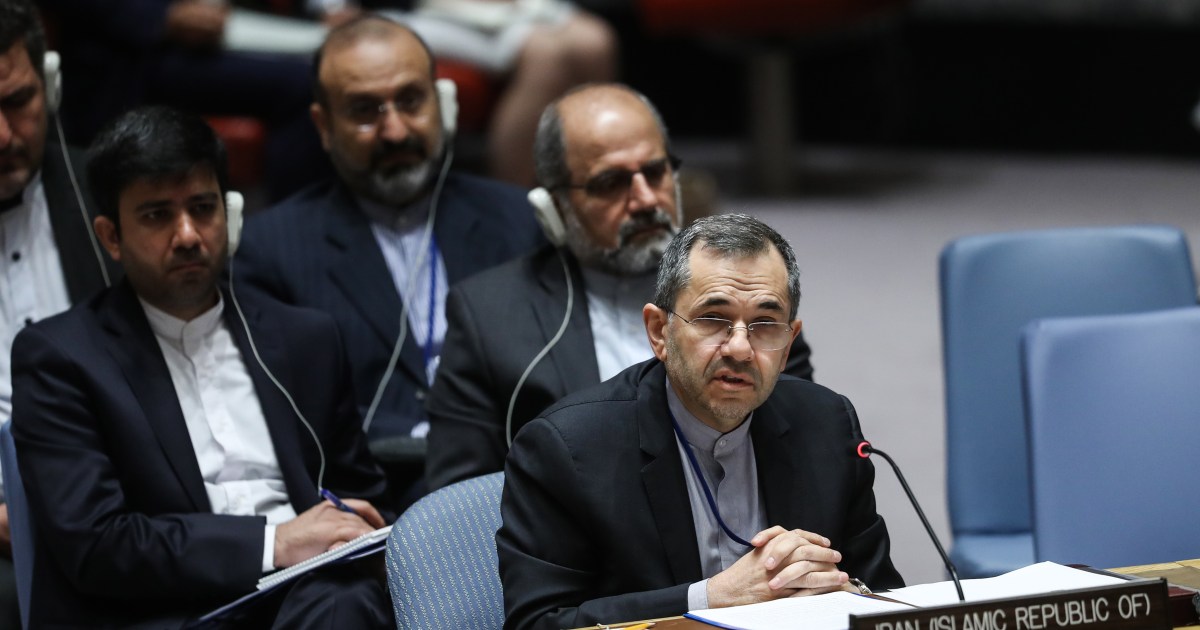On Saturday, Iran's representative to the United Nations ruled out that the outgoing US President Donald Trump launched a military strike against his country.
At the same time, an Iranian lawmaker recalled a previous decision taken by Parliament to expel international inspectors if sanctions were not lifted by February 21.
Iran's representative to the United Nations, Majid Takht Rawanji, said that it is unlikely that President Trump will take a special step on the Iranian nuclear file during his last days in the White House, based on the current conditions in the United States.
He added, in a statement, that this matter does not negate the need for caution and caution, especially regarding US moves in Gulf waters.
Regarding the policy of the next government in the United States, Rwangi said that America has a firm stance towards Iran that has not changed in previous years, "Washington has always resorted to the policy of economic sanctions, and Tehran does not expect a radical change in these policies towards the country."
For his part, Iranian lawmaker Ahmed Amir Abadi Farhani said that Tehran would expel IAEA inspectors unless sanctions were lifted by February 21, a deadline set by the conservative-controlled parliament.
Parliament had passed a law in November, requiring the government to stop inspections by the United Nations agency at Iranian nuclear sites, and to raise the level of uranium enrichment above the level specified in the nuclear agreement concluded by Tehran in 2015, if sanctions are not eased.
Iran's Guardian Council passed the law on December 2, and the government said it would implement it.
Back to the deal
It is noteworthy that the Iranian guide, Ali Khamenei, said - yesterday, Friday - that the Iranians are not in a hurry to return the United States to the nuclear deal, and they are demanding before that the lifting of the US sanctions that stifle the country's economy.
He added that the matter is not related to "the return of the United States or not. We have no urgency and we do not insist on its return."
In 2015, Iran signed the "Joint Comprehensive Plan of Action" with the international powers, which aimed to solve the Iranian nuclear issue after 12 years of tensions.
The agreement provided Iran with an easing of international sanctions in exchange for a significant reduction in its nuclear program, as well as guarantees to prove that it does not seek to possess the atomic bomb.
But US President Donald Trump saw this agreement as insufficient, and withdrew his country from it unilaterally in May 2018, and re-imposed sanctions on Iran at a later time.

